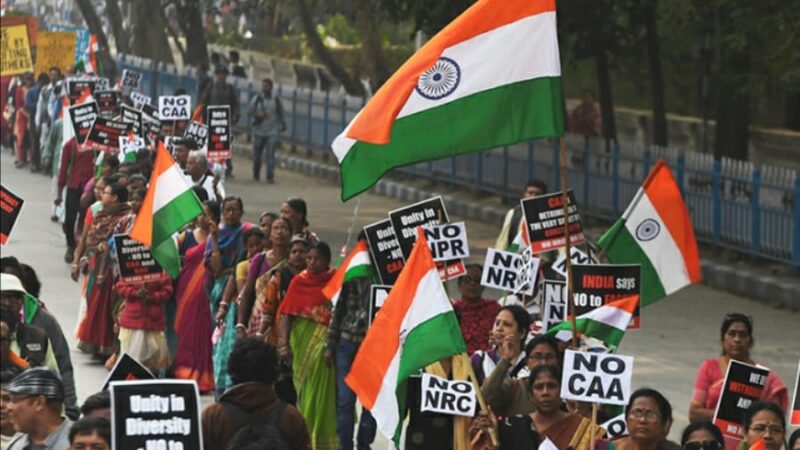How the tag of marriage gives a husband the right to rape his wife: Marital rape

Something which can be more harrowing and obnoxious than a stranger rape is, the marital rape. The source of trust and care when turns into a giant of filth and lust, is when a woman loses her self-identity and respect in the pious bond of marriage. According to the statistics, approximately fourteen percent of the women are the sufferers of marital rape. Asserting that a marital rape is less ‘life-threatening’ than a stranger rape, the exemption from law on this matter unnervingly exposes married women to sexual violence and assault. This form of a hidden injustice restrains the suffering women to wait till the time they are not legally separate from their spouse in order to take an action them. With a phenomenal increase of the works been done on this topic, marital rape has begun to take shape of a revolution that will soon hit the legal barriers. Coming back to the treatment of the victims of marital rape, I would quote some old and bizarre lines spoken by English Jurist Mathew Hale, which are still one of the strongest defenses : “The husband cannot be guilty of rape…for by their mutual matrimonial consent and contract…the wife has given up herself in this kind to her husband, which she cannot retract.” – 18th century common law. It is strange how this mentality of both the common people and the lawmakers still remains so narrow in regard to this issue whereas on the other hand, we tend to prove ourselves progressive and growing with each following day. What do you think? Do the promises made during the rituals of marriage include a promise of submission all the time? Because I am a married woman I consent to all forced sexual assaults? Is marriage a license for husbands to rape their wives? “My husband raped me daily. He forced himself on me, every single day, even on the days I bled. He did not spare me all through the pregnancy and even till the last day of delivery of my child … I want no woman to lose time to speak up against such an atrocity. Speak out early, so that you do not continue to suffer as I did. I was scared of him all along.” This is a story of an anonymous Indian woman who suffered because of the non-criminalization of an act such as marital rape. Even when a victims of marital rape approaches court to get legal solution for her ordeals, she will be heard in the civil court under the Domestic Violence Act, 2005. Rape of a married becomes a civil offence and not a crime. Why? Just because the violent sexual intercourse was done by her spouse and not a stranger, turns her sufferings into less painful for a lady? I think these are certain questions with which I will leave my readers because the answers lie within each one of us. All we need is to realize how we get the law makers confront them. ————–






